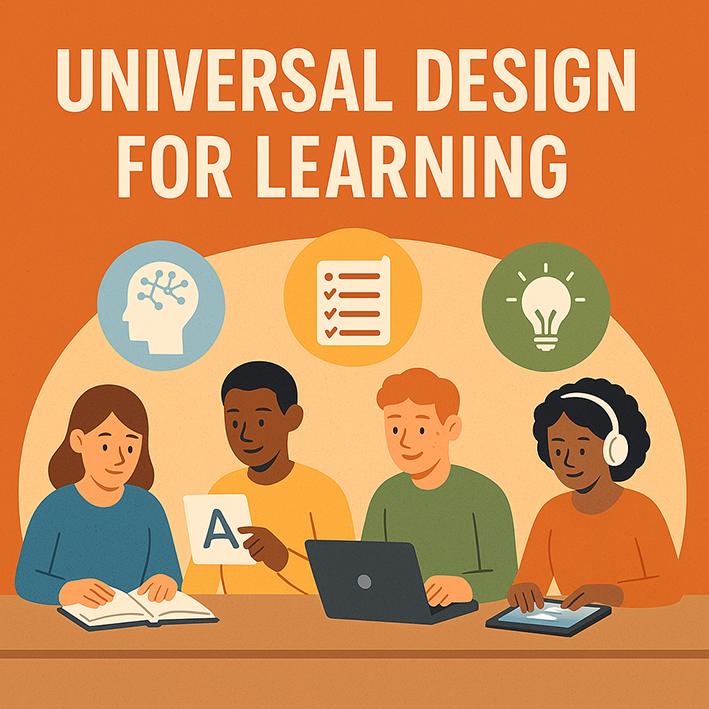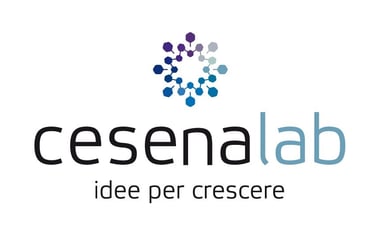Universal Design for Learning and Neurodiversity: The Best Response to Galimberti’s Statements
Provocations can be valuable if they prompt us to reflect.
Nicola Simoncelli
3 min read


In February 2025, philosopher Umberto Galimberti, during an event organized by Confartigianato Vicenza, sparked a heated public debate by accusing Italian primary schools of having become a sort of “psychiatric clinic” due to—according to him—the increasing number of diagnoses of Specific Learning Disorders (SLD), autism, and other developmental disorders. He suggested that behind these certifications there is often a desire on the part of some families to “ease” their child’s academic path in order to gain advantages. Strong words—yet they risk stigmatizing thousands of students already struggling to overcome daily educational barriers.
In this context, there is a clear and constructive pedagogical response: Universal Design for Learning (UDL). The term "Universal Design" was coined in the 1980s by architect Ronald L. Mace at the University of North Carolina to describe the design of environments and objects usable by all people without the need for special adaptations or assistive devices. In the 1990s, the Center for Applied Special Technology (CAST) applied these principles to education, developing the UDL model.
Universal Design for Learning is an educational approach aimed at making teaching accessible and inclusive for all students, regardless of their abilities or background. It is based on the idea of designing flexible learning environments that can adapt to the diverse needs of students, eliminating barriers to learning.
The UDL model, promoted by CAST, is based on three key principles:
Multiple means of representation (how information is presented)
Multiple means of action and expression (how students demonstrate what they know)
Multiple means of engagement (how we motivate and engage students)
This means breaking away from the one-size-fits-all lecture model, and replacing it with a diversity of tools, languages, and learning paths that respect different cognitive styles and learning paces.
A central theme of Galimberti’s argument revolves around the concept of neurodiversity. It is important to clarify a few points:
SLD (Specific Learning Disorders) do not technically fall under the strict definition of neurodivergence, but they can be considered a form of neurodiversity. These are specific neurobiological conditions, diagnosable according to clinical criteria. They do not result from intellectual, environmental, or sensory deficits, and they are not illnesses, but rather conditions that affect the way the brain processes certain types of information.
Here’s how we distinguish the concepts:
SLD – Specific Learning Disorders, which include:
Dyslexia (reading)
Dysorthographia (spelling/writing)
Dysgraphia (handwriting)
Dyscalculia (math/calculations)
Neurodivergence is a non-clinical term, born in social and cultural contexts, which refers to differences from what is considered “neurotypical.” It includes:
Autism (ASD)
ADHD (Attention Deficit Hyperactivity Disorder)
Dyspraxia (motor coordination difficulties)
SLD (developmental learning disorders)
Other atypical neurological profiles
The term neurodiversity promotes an inclusive idea: cognitive differences are not deficits, but natural variations of the human mind.Galimberti’s words still reflect a mindset focused on the binary of normality vs. anomaly. But today’s (and tomorrow’s) schools must overcome this dichotomy. The goal is not to “cure” those who are different, but to recognize that diversity is the rule, not the exception.
Universal Design for Learning offers practical tools to work within this perspective—without labeling or stigmatizing, but rather valuing each student’s potential. Digital tools, inclusive apps, augmented reality, and adaptive software: technology today is a key ally of UDL. When well-designed, it makes learning more accessible, more engaging, and more personalized. Not to “unfairly simplify” education, as Galimberti suggests, but to ensure equal learning opportunities.
Provocations can be valuable if they prompt us to reflect, but we cannot allow them to become attacks on students’ rights. School is not a clinic. Nor is it a survival contest. It is a place where we learn—together, in diversity. Universal Design for Learning doesn’t respond with polemics, but with a strong, inclusive, and forward-thinking educational vision. And now more than ever, that’s the vision we must promote.
Ludotechnic is a startup included in the incubation path of CesenaLab, certified business incubator and startup based in Cesena, Emilia-Romagna.


Ludotechnic SRL - via del Canale 34 - 48012 - Bagnacavallo (RA) P.IVA 02776720399 - ludotechnic@pec.it
Ludotechnic SRL - via del Canale 34 - 48012 - Bagnacavallo (RA) P.IVA 02776720399 - ludotechnic@pec.it
Contacts
Ludotechnic is a startup included in the incubation path of CesenaLab, certified business incubator and startup based in Cesena, Emilia-Romagna.



